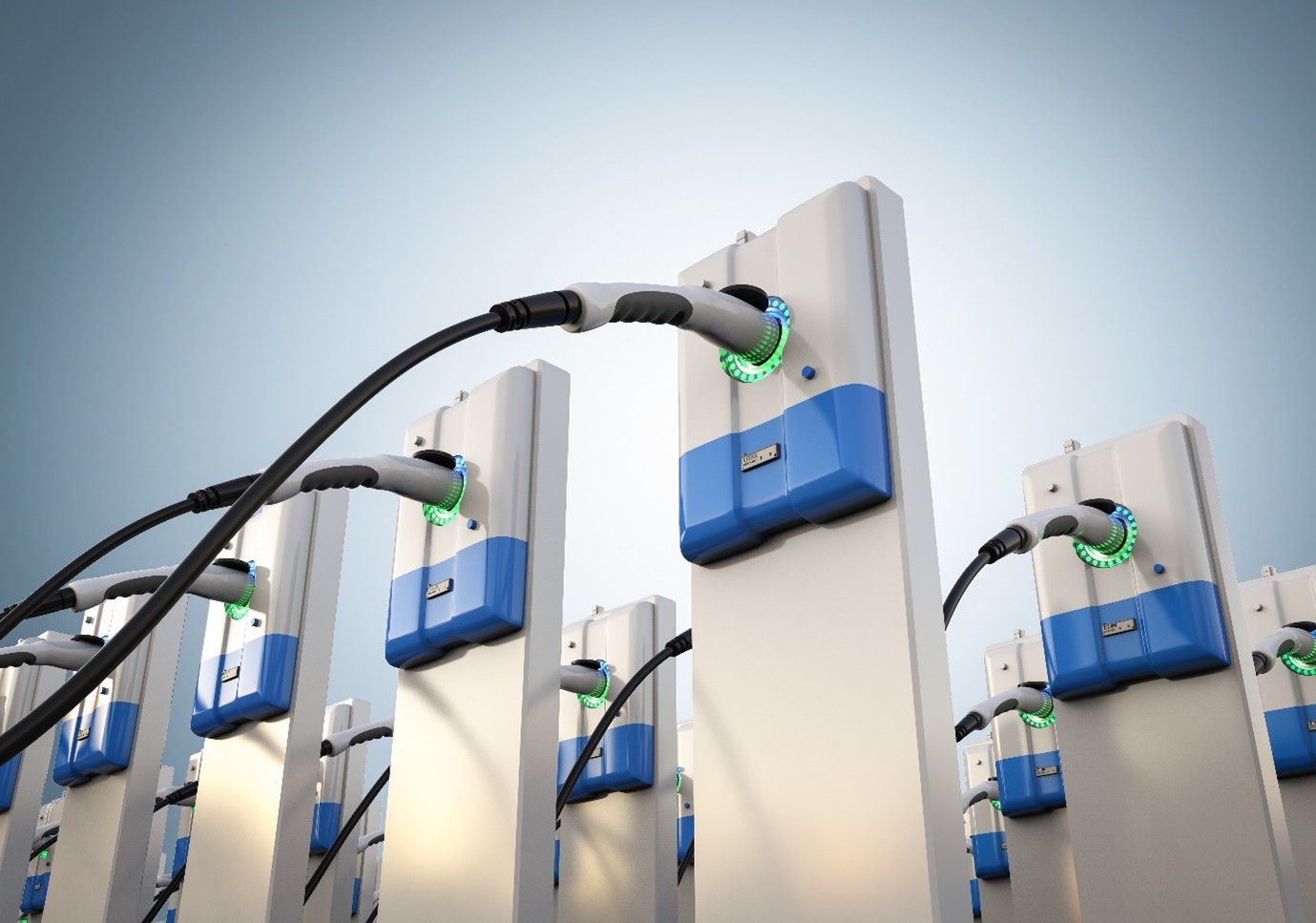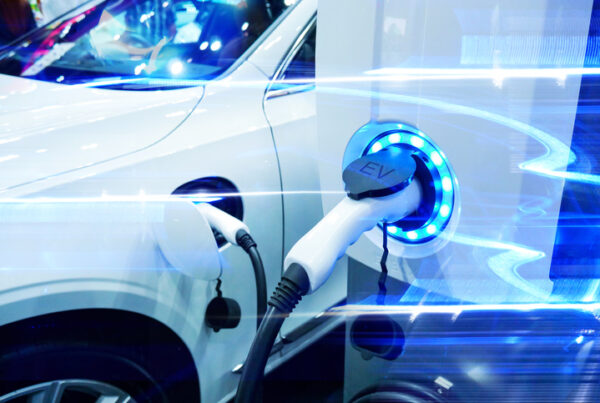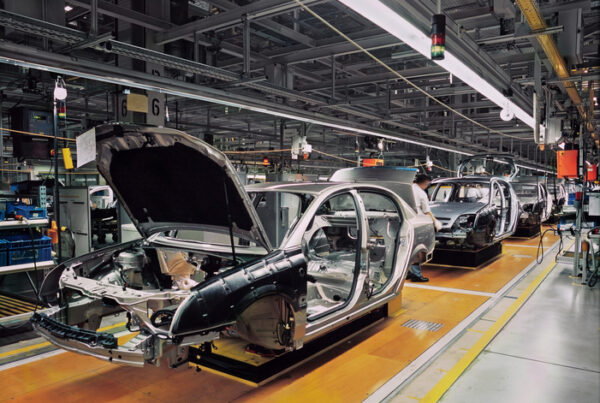New Zealand’s Government is changing how it supports the roll-out of public electric vehicle (EV) chargers. Instead of giving direct grants, the Government will now offer concessionary loans to private companies to build chargers faster.
“New Zealand needs more EV chargers. We have fewer public chargers per EV than many other countries in the OECD, and we know that this is a barrier to Kiwis purchasing EVs,” Transport Minister Chris Bishop said.
As of 31 December 2024, New Zealand had 1,378 public chargers, which is about one charger for every 84 EVs. The Government’s goal is to reach 10,000 chargers by 2030 to achieve their goal of one charger for about every 40 EVs.
Mr Bishop explained that people need to feel confident they can charge their EVs “where and when they need to on a comprehensive public network.” Without enough chargers, people might be too worried about running out of power to buy an EV.
Moving from Grants to Loans
Until now, the Government has funded chargers by giving out direct grants. However, since EVs now make up more than 2 percent of New Zealand’s light vehicle fleet and it’s expected to reach 11 per cent by 2030, the old funding model is now “outdated”.
Instead, the Government will use a method similar to the one that helped roll out Ultra-Fast Broadband across the country.
“The Government is moving to a more sophisticated, commercial procurement model,” Mr Bishop said.
Up to $68.5 million will be made available as concessionary loans. These loans will offer up to 50 per cent of project costs, have zero percent interest, and last up to 13 years.
Boosting Private Investment
“Concessionary loans will bring forward private investment in public EV charging infrastructure by lowering the cost of capital,” Mr Bishop explained.
“They will also provide better value for money by maximising private sector investment while keeping the taxpayers’ contribution to a minimum.”
Loans will be given through a contestable process, meaning different companies will compete to offer the best plans for building multiple charging sites. Mr Bishop said this will “support scaled-up development and maximise competitive tension between providers.”
The Government will also make sure that loans only go to projects where the benefits outweigh the costs, following a cost-benefit analysis.
EVs and Clean Energy
Meanwhile, Energy Minister Simon Watts said EVs are a smart choice for New Zealand because of the country’s strong renewable energy supply.
“With our bountiful renewable energy resources, EVs are a winner for New Zealand,” Mr Watts noted.
“Kiwis charging their EVs are essentially filling their cars with predominantly water, wind, and geothermal energy – rather than fossil fuels, due to our high level of renewable energy.”
He added that EVs can help New Zealand meet its climate and economic goals.
“By giving people more options to reduce everyday expenses like transport, we’re helping households stay ahead and build a more sustainable future,” he said.
New Program to Be Rolled Out Soon
The new EV loan program will be run by the National Infrastructure Funding and Financing company (NIFFCo), with help from the Energy Efficiency and Conservation Authority (EECA).
Making more public chargers available is key to getting more people to buy EVs. Studies by EECA show that one of the biggest worries about EVs is not being able to drive long distances easily. By building more chargers, the Government hopes to remove this worry and cut emissions. EVs used in New Zealand create at least 60 percent fewer emissions over their lifetime compared to petrol cars.
A Request for Proposals is expected soon, so companies can apply for funding and begin building more charging stations.
Did you find this article interesting? Click the ‘heart’ button above to give it a ‘like’!


















